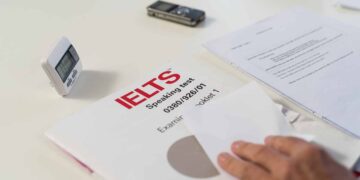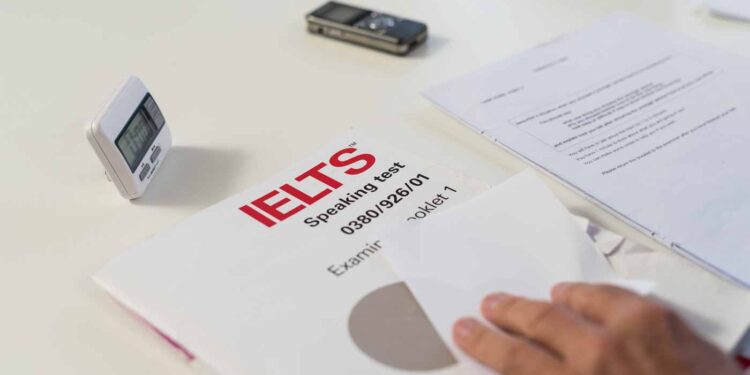By Emmanuel Nduka
Recently, over 60,000 signed petition on change.org to stop foreign universities from requesting English proficiency tests from Nigerians.
Responding to a request by Ebenezar Wikina, founder of Policy Shapers, an open-source policy platform, which asked the Home Office to provide its criteria for exempting countries from taking the International English Language Testing System (IELTS), the UK Home Office said changes will not be implemented soon.
Currently, foreign universities demand the IELTS as a requirement for admitting international students.
While the IELTS tests are expensive, and fees more than double the minimum wage in Nigeria, the test results are valid only for two years.
“To be included on the Majority English Speaking Country (MESC) list, we must have evidence that most people in the country (more than half) speak English as a first language,” the UK Home Office said.
Also, the UK Home Office does not officially recognise 27 Anglophone countries in Africa as English speaking countries.
It further exempts citizens of Antigua and Barbuda, the Bahamas, Barbados, Dominica, Grenada, Jamaica, St Kitts and Nevis, Trinidad and Tobago, and 10 other countries from taking the test.
“We rely on publicly available evidence such as official censuses to make this determination along with other academic sources. We may also consult the Foreign, Commonwealth and Development Office where additional evidence is required.
“Currently, on the information available to us, Nigeria does not meet the requirement. This list is periodically reviewed and updated, and new countries are added if they are found to meet the requirements,” the letter read.
The #ReformIELTSPolicy campaign on Twitter, also initiated by Policy Shapers, received the endorsement of the Vice President of Nigeria Yemi Osinbajo, who believes Nigerians deserve an exemption from the test as former British colonies.


































